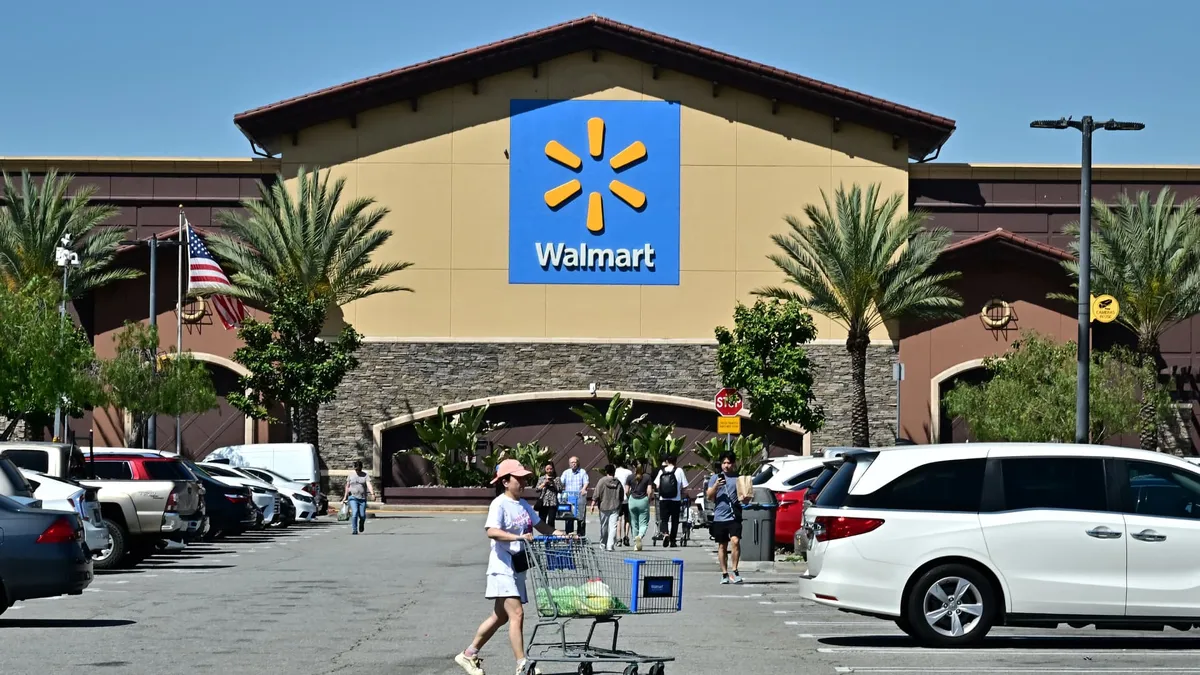
On Saturday, President Donald Trump voiced his strong disapproval of Walmart after the retail giant disclosed its plans to increase prices, attributing the rise to ongoing tariffs. In a post on Truth Social, Trump urged Walmart to cease blaming tariffs for its price increases, stating, “Between Walmart and China, they should, as is said, EAT THE TARIFFS, and not charge valued customers ANYTHING.” He emphasized that he would be closely monitoring the situation along with Walmart's customers.
In a recent interview with CNBC, Walmart's Chief Financial Officer, John David Rainey, commented on the unprecedented speed and magnitude of price increases. Rainey noted, “We have not seen price increases at this magnitude, in the speed in which they're coming at us before, and so it makes for a challenging environment.” Despite expressing some satisfaction with the Trump administration's efforts to reduce tariffs since their announcement in early April, Rainey acknowledged that current tariff levels remain too high.
Walmart is currently facing a 10% duty on goods from various countries, while a recent 90-day reprieve has lowered duties on Chinese imports to 30%. Rainey mentioned that Walmart's strategy is to maintain lower prices than competitors, especially as consumers are increasingly looking for value. To achieve this, he indicated that the retailer is willing to absorb some of the higher costs associated with tariffs and expects suppliers to do the same.
Walmart is not alone in its concerns about rising prices. Other major companies are also feeling the pressure of increased tariffs. For instance, Microsoft recently announced a hike in the recommended retail prices of its Xbox video game consoles and select controllers. Similarly, Mattel, the maker of Barbie, revealed plans to relocate production out of China while still anticipating price increases for its toys. Additionally, Ford warned last week that it would need to raise prices on certain car models.
As the retail landscape continues to evolve, major U.S. retailers such as Target, Home Depot, and Lowe's are expected to provide their insights on the impact of tariffs in their upcoming financial results. The ongoing discussion about tariffs and their effects on pricing strategies remains a critical point of interest for both retailers and consumers alike.
Following these developments, Walmart's shares experienced a modest increase, closing 2% higher at $98.24 on Friday, reflecting the market's response to the ongoing dialogue surrounding tariffs and pricing strategies.